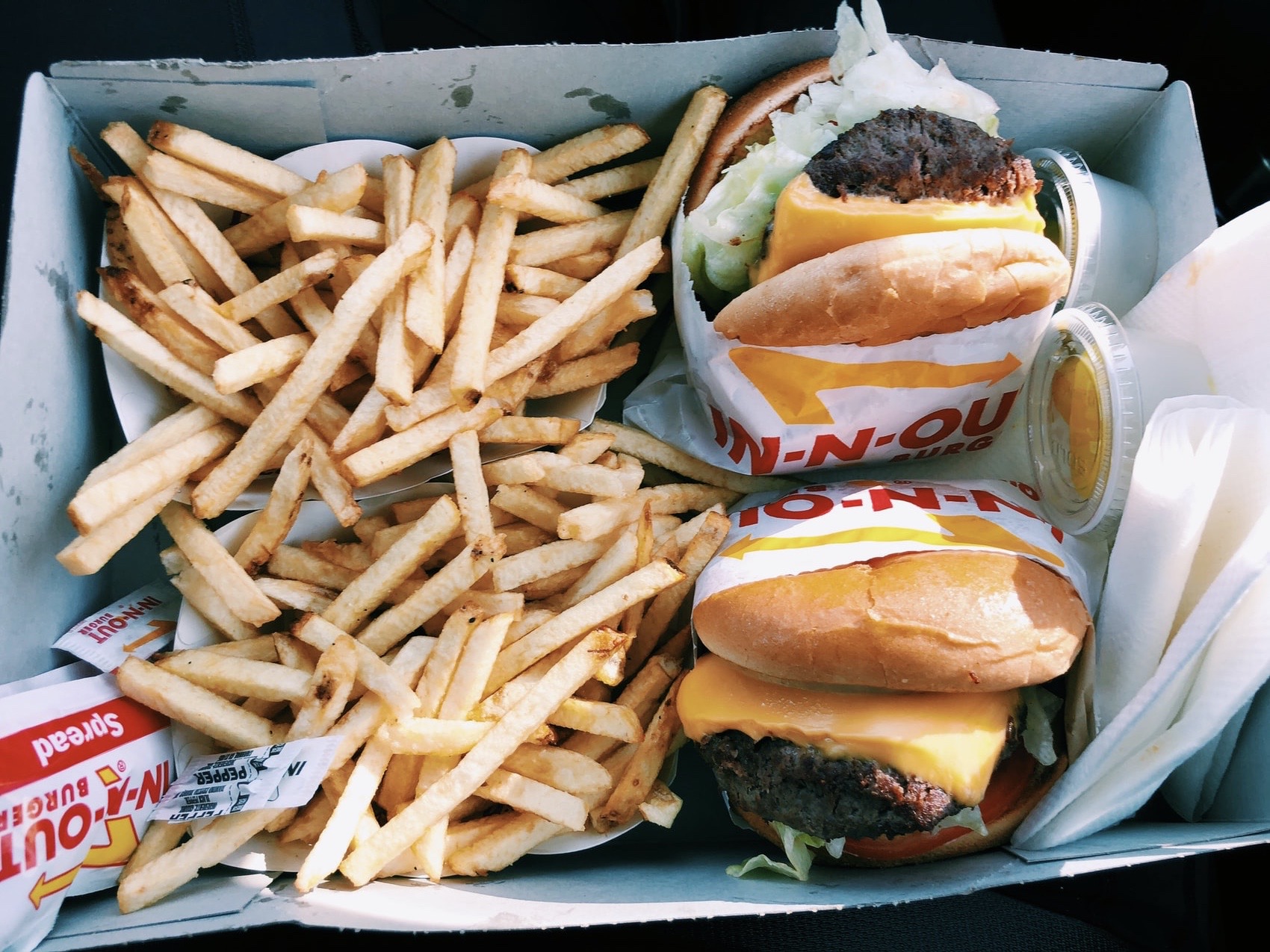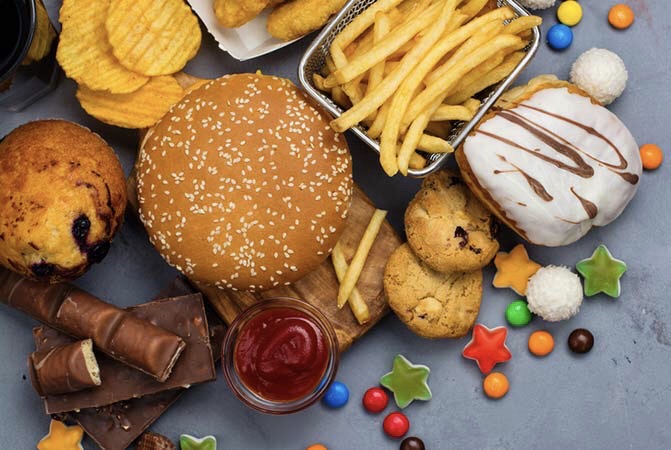
- Inspiring People -
- 4mins -
- 316 views
UK government rolls out junk food ad ban
A ban on TV and online adverts for food high in fat, sugar and salt before 9pm watershed among measures announced in new obesity strategy as country urged to lose weight to beat coronavirus (COVID-19) and protect the NHS.
New obesity strategy bans junk food adverts before 9pm
The UK government has unveiled plans to introduce a ban on junk food advertising across TV and online prior to the 9pm watershed. Downing Street is also debating whether to outlaw adverts for high fat, salt and sugar (HFSS) products online altogether. From now on, ‘Buy one get one free’ deals on unhealthy food will be banned and there will be restrictions on where HFSS products can be promoted in store, including a ban on chocolate, potato crisps and confectionery being sold at the checkout.

New watershed to help tackle rising epidemic in childhood obesity
Junk food adverts on TV and online could be banned across the United Kingdom before 9pm as part of Government plans to fight the "epidemic" of childhood obesity, reported The Independent yesterday. Plans for the new watershed have been put out for public consultation in a bid to combat the growing crisis, the Department of Health and Social Care (DHSC) said.
One in three children leaves primary school overweight or obese and the number of children classed as seriously obese is at a record high, it added.
Campaigners, doctors and politicians welcomed the announcement about the proposed advertising ban.
Adverts for foods high in fat, sugar and salt will be consulted on, with the proposed pre-9pm ban affecting TV programmes, online streaming sites and social media companies, the DHSC said.
While junk food adverts during children’s TV shows have been banned since 2007, research by broadcasting regulator Ofcom claimed youngsters spend 64% of their TV viewing time watching shows not aimed specifically at them.
Public Health Minister Steve Brine said: "The NHS is already preparing to treat more and more children for the serious effects of extreme obesity in the future, so we have a duty to address the underlying causes because we believe passionately in our NHS."
Up to 1,000 more children per year are expected to require treatment for severe obesity-related problems like diabetes and asthma by 2022-23, the DHSC said. It has previously called the current situation a "rising epidemic in childhood obesity".
Top spending crisp, confectionery and sugary drinks companies in the UK spend £143 million (€157M) a year on advertising compared to just £5 million (€5.5M) spent annually by the Government on its healthy eating campaigns, research by the Obesity Health Alliance found.
The proposed ban will not affect adverts for staple foods such as butter, olive oil or meat.
Cancer Research UK is among bodies calling for the new watershed. Watching one extra junk food advert a week, beyond the average of six, leads to children eating an extra 18,000 calories a year, the charity said last year. The study estimated the additional calories are the equivalent of around 70 Mars bars or 60 cheeseburgers – and could amount to a 5lb (2.3kg) weight gain annually.
Source: TheIndependent

UK has one of the highest obesity rates worldwide and highest coronavirus death rate in Europe
Obesity is thought to make Covid-19 symptoms worse, and Mr Johnson is said to have been shaken by his own close call with the virus, the Guardian reported.
This would be a change of stance after he previously criticised the sugar tax as a "sin stealth tax". The Prime Minister said in June that British people "will be happier, fitter and more resistant to diseases like Covid if we can tackle obesity."
The UK has one of the highest obesity rates in the world and the highest coronavirus death rate in Europe, although adverts for unhealthy food are already subject to heavy restrictions.
However, not everyone is pleased. Industry and business leaders have slammed the proposed move, drawing attention to the impact the ban could have on companies already struggling under the strain caused by coronavirus‘ and TV broadcasters have previously said that a ban on junk food advertising before 9pm could cost them up to £200 million in revenue each year.
Source: TheStandard

